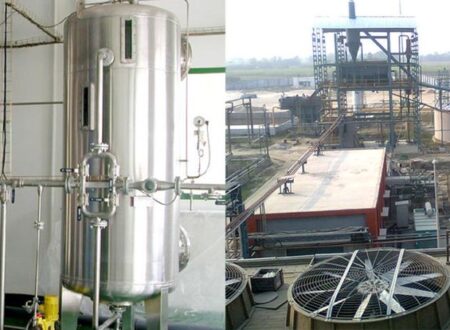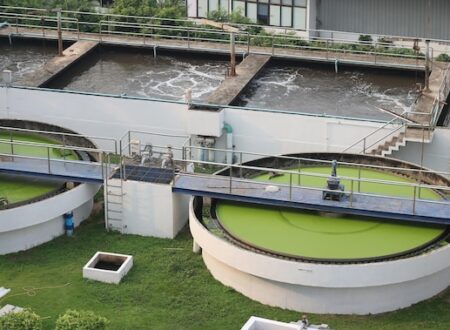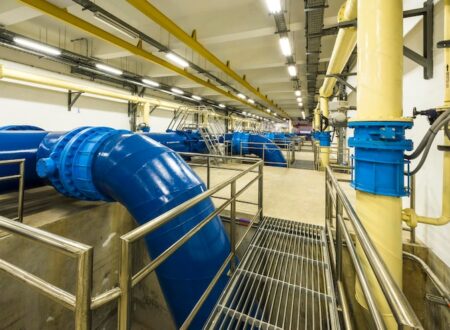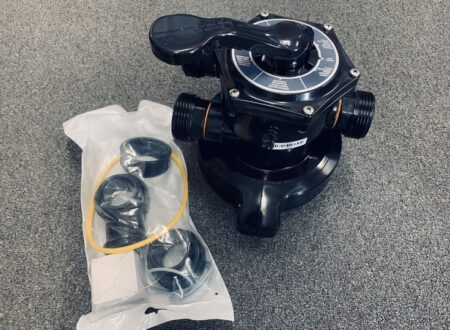Access to safe and clean water is a fundamental need for every household. In India, where water sources vary widely in quality due to factors like industrial pollution, agricultural runoff, and aging infrastructure, ensuring safe drinking water has become a growing concern. This is where Domestic Water Treatment in India plays a crucial role. From purifiers to softeners, modern systems are designed to address water contamination, hardness, and impurities, safeguarding both health and home appliances.
In this blog, we will explore the importance of domestic water treatment, how technologies such as the Domestic Water Softener System work, and why households across India should invest in reliable solutions.
The Need for Domestic Water Treatment in India
India’s water supply comes from multiple sources—groundwater, municipal supply, borewells, and rivers. Each source carries unique challenges:
- Groundwater often contains excess hardness due to calcium and magnesium salts.
- Municipal supply can carry residual chlorine, sediments, and bacteria due to old pipelines.
- Borewell water may contain iron, heavy metals, and high levels of dissolved solids (TDS).
- Surface water is often contaminated by industrial and agricultural activities.
Without proper treatment, these impurities can cause health issues such as gastrointestinal infections, skin problems, and long-term health risks. Hard water, in particular, leads to scaling in pipes, reduced appliance life, and higher detergent consumption. This makes Domestic Water Treatment in India not just a matter of health, but also of convenience and cost savings.
Types of Domestic Water Treatment Systems
To meet the diverse needs of households, manufacturers have developed a variety of solutions. The most common ones include:
1. Water Purifiers
These systems are widely used for drinking water. Technologies include RO (Reverse Osmosis), UV (Ultraviolet), and UF (Ultrafiltration). RO systems remove dissolved salts and heavy metals, while UV purifiers kill bacteria and viruses.
2. Domestic Water Softener System
Hard water is a common issue across India, particularly in urban and semi-urban regions. A Domestic Water Softener System uses ion exchange technology to replace hardness-causing minerals like calcium and magnesium with sodium or potassium ions, thus converting hard water into soft water.
3. Sediment Filters
These filters are used to remove dirt, sand, and rust particles that often enter through municipal pipelines.
4. Activated Carbon Filters
They remove chlorine, bad odor, and organic impurities, improving taste and odor of water.
5. Combination Systems
Many modern domestic systems combine multiple technologies to provide complete protection—purification, softening, and filtration in one unit.
Benefits of Domestic Water Treatment in India
Investing in domestic water treatment solutions offers both health and lifestyle benefits.
1. Safe Drinking Water
Households can enjoy pathogen-free, mineral-balanced drinking water, reducing the risk of waterborne diseases.
2. Appliance Protection
Using a Domestic Water Softener System prevents scaling in washing machines, geysers, and dishwashers, extending their lifespan and improving efficiency.
3. Better Skin and Hair Health
Soft water is gentler on skin and hair, reducing dryness, itchiness, and damage caused by hard water.
4. Cost Savings
Softened water reduces detergent and soap usage, lowers energy bills by preventing scale buildup in heating appliances, and minimizes plumbing repairs.
5. Peace of Mind
With a reliable system in place, families no longer need to worry about hidden contaminants or fluctuating water quality.
The Role of a Domestic Water Softener System
Among all treatment solutions, the Domestic Water Softener System is particularly important for Indian households. Hard water not only makes daily chores difficult but also damages household infrastructure. For example:
- In kitchens, hard water leaves stains on utensils and reduces the effectiveness of dishwashing.
- In bathrooms, it causes white scaling on tiles, taps, and showerheads.
- In plumbing systems, scaling narrows pipes and reduces water flow.
- In appliances, hard water reduces the efficiency of geysers, washing machines, and boilers.
By installing a softener, households can solve these problems and enjoy long-term benefits. The system requires minimal maintenance, usually involving periodic regeneration with salt, making it both practical and cost-effective.
Shri Balaji Aqua – Delivering Reliable Domestic Water Treatment in India
At Shri Balaji Aqua, we understand the diverse water challenges faced by Indian households. As a trusted name in the industry, we provide advanced solutions for Domestic Water Treatment in India, including high-performance Domestic Water Softener Systems.
Our systems are designed to:
- Address both urban and rural water quality issues.
- Deliver consistent results with minimal maintenance.
- Protect appliances and plumbing systems from damage.
- Provide safe, clean, and great-tasting drinking water.
With years of expertise, Shri Balaji Aqua ensures that every system is customized to the specific needs of households, making water treatment both affordable and effective.
Conclusion
The quality of water directly impacts health, household efficiency, and overall comfort. With rising concerns over contamination and hard water issues, investing in Domestic Water Treatment in India has become a necessity. From purifiers for safe drinking water to Domestic Water Softener Systems that protect appliances and improve daily life, the right solution brings peace of mind and long-term value.
Shri Balaji Aqua is committed to providing innovative and reliable water treatment solutions tailored to the needs of Indian households. With the right system in place, families can ensure safe, clean, and healthy water for years to come.





